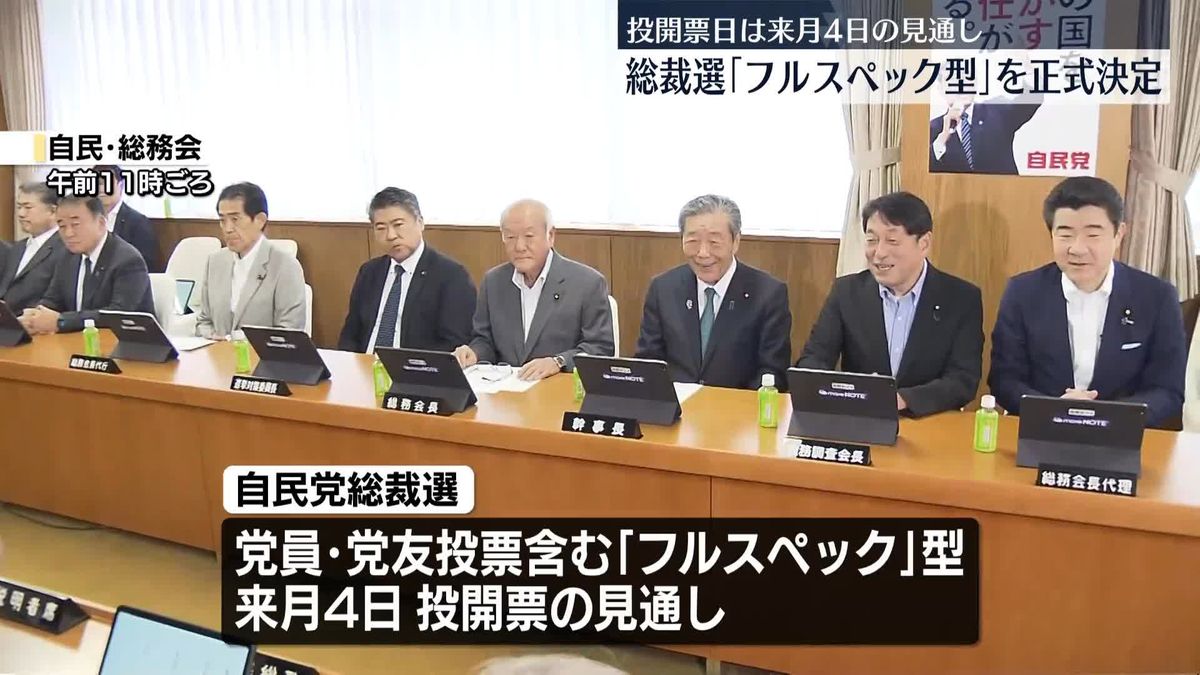The Japanese political landscape is stirred by the 'Full-Spectrum' leadership race. This term refers to leadership races involving the broadest possible range of candidates from diverse political backgrounds, rather than being concentrated around a few key players. The outcome of such a race can potentially alter the political landscape, with its influence reaching far beyond the confines of the political sphere into socioeconomic and cultural realms.
In Japan, leadership races often reflect the diverse political ideologies that coexist within the country. The term 'Full-Spectrum' signifies this variety and the potential for change that comes with it. The results can signal shifts in political stances and affect policies on economy, international relations, and social norms. The general public views such races with keen interest due to their potential far-reaching effects on daily life.
In the US or EU, leadership races, such as presidential elections or prime ministerial contests, are often polarized between two primary parties or candidates. In contrast, Japanese politics tends to encompass a wider array of political affiliations and ideologies, resulting in 'Full-Spectrum' races being a distinct feature of Japanese electoral dynamics.

